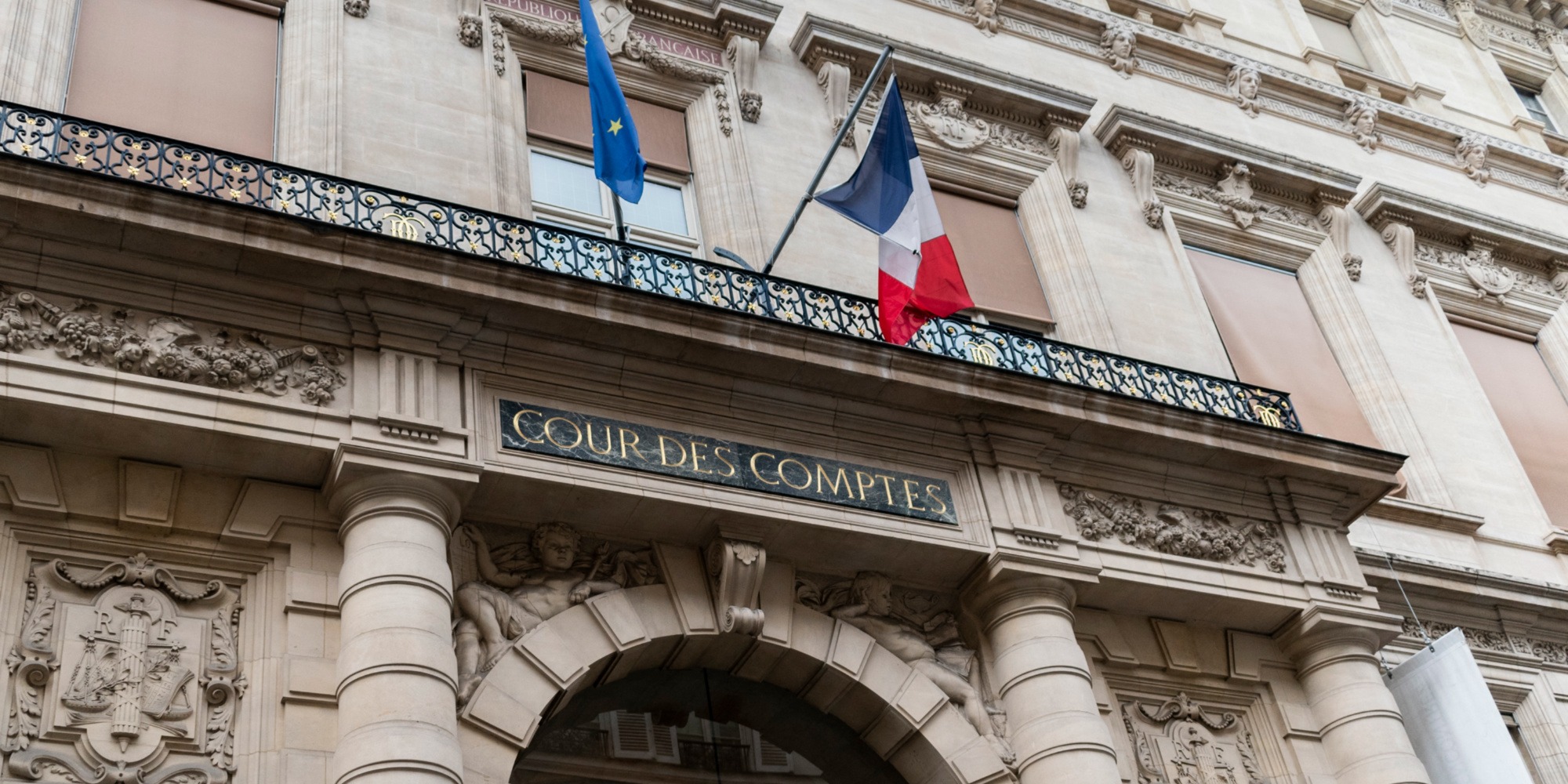Europe 1 with AFP // Photo credit: Magali Cohen / Hans Lucas / Hans Lucas via AFP
One more effort! The Court of Auditors calls on the State on Monday to clarify the rules governing the use of private consulting firms, a practice which must be “better controlled” despite recent progress by the administration. The tone is courteous but firm. More than a year after the Senate report which described the missions entrusted by the State to private firms as a “sprawling phenomenon”, the institution on rue Cambon is concerned about certain “inappropriate” uses. The Court notably accuses the State of letting certain private service providers fulfill missions falling within the “core business of the administration”, or even “intervening in the decision-making process”.
“Easy solution”
Practices denounced in March 2022 by Communist Senator Eliane Assassi and her colleague Les Républicains Arnaud Bazin. Their report, released a few weeks before the presidential election, had embarrassed the teams of Emmanuel Macron, singled out for his alleged proximity to big names in consulting such as the American firm McKinsey. Enough to push French citizens, consulted in the spring of 2022 by the Court of Auditors, to ask the institution to investigate the practices of the administration in terms of buying advice.
In the report published on Monday, she believes that the use of private consultants has tended to become an “easy solution” for an administration with limited resources and deadlines. The financial magistrates insist: they have no “objection in principle” to “the outsourcing of part of the tasks” of the administration. But this outsourcing must find “a more adjusted and better controlled place among the various instruments of the administrations to carry out their missions”, they judge.
In 2021, services ordered by the State from consultants cost 233.6 million euros, or 0.04% of State expenditure. By including the services ordered from firms in the IT field, the bill climbs to 890 million, a total very close to the 893.9 million listed in the Senate report. Between 2017 and 2021, state council spending tripled.
Political consequences
The Court of Auditors concedes that expenditure fell to 200.2 million in 2022, the year during which the government defined by circular “a ‘new policy for the use of intellectual services’, which introduces, for the future, significant improvements”. But the circular was issued “under the pressure of current events” and must imperatively be “completed”. The State has also set quantified targets for reducing its consulting expenditure: -15% in 2022 and -35% in 2023 compared to 2021.
These targets give a “useful signal” but “cannot replace targeted measures, decided after a prior and documented analysis of the determinants of the decision to outsource certain services”, considers the Court. In addition to clarifying its doctrine of recourse to consultants, the State must continue its efforts to reinternalize advisory skills and call on its agents “whenever possible”, she recommends. The whole question now is whether the report will have political consequences.
Very widely adopted in the Senate in October 2022, a bill aimed at further regulating the use of private consultants is still waiting to be examined in the National Assembly. Two deputies, from the Communist and Renaissance groups, are due to present the conclusions of a fact-finding mission on Wednesday on the scope of the bill. During the debates in the Senate, the Minister of Public Service Stanislas Guerini had indeed suggested extending the scope of the text to local authorities of more than 100,000 inhabitants.
Questioned by AFP, an opposition parliamentarian sees in these debates on the scope of the bill a delaying maneuver by the government. As for the cabinets themselves, their union Syntec Conseil considers the text “disconnected from reality” and certain provisions unconstitutional.
